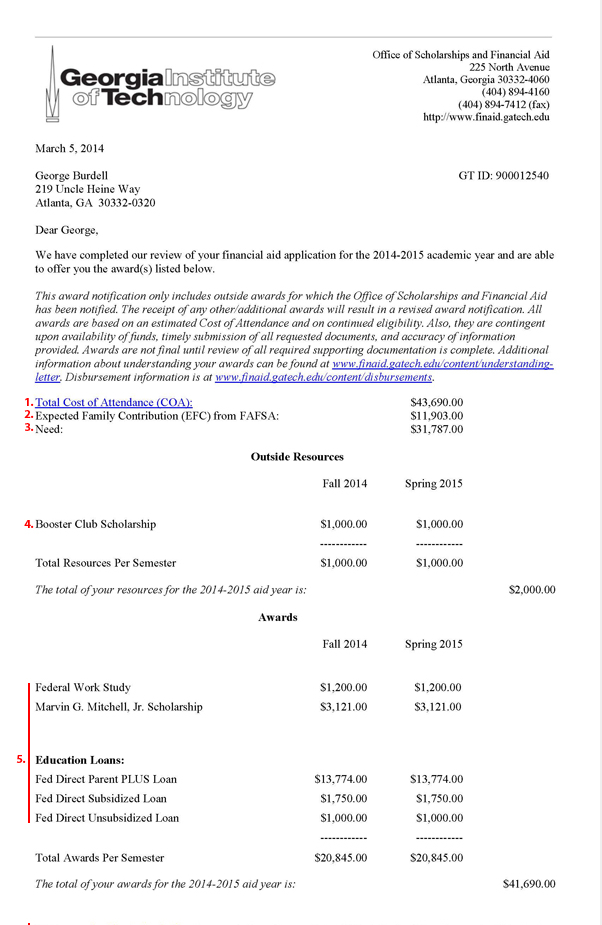 Today’s top story: What you need to save every day for a comfortable retirement. Also in the news: The three tax buckets, the 10 commandments of savings, and four boring but essential money conversations.
Today’s top story: What you need to save every day for a comfortable retirement. Also in the news: The three tax buckets, the 10 commandments of savings, and four boring but essential money conversations.
$82 a Day Is the Average Savings for a Comfortable Retirement
$82.28 to be exact.
What Pre-Retirees Should Be Asking About Taxes
Introducing the three buckets.
The 10 Commandments of Saving Money
Thou shall follow these rules.
4 Boring Money Talks You Need to Have
Boring but necessary.
How to Find Financial Assistance for Your Down Payment
Don’t let your down payment hold you back.








